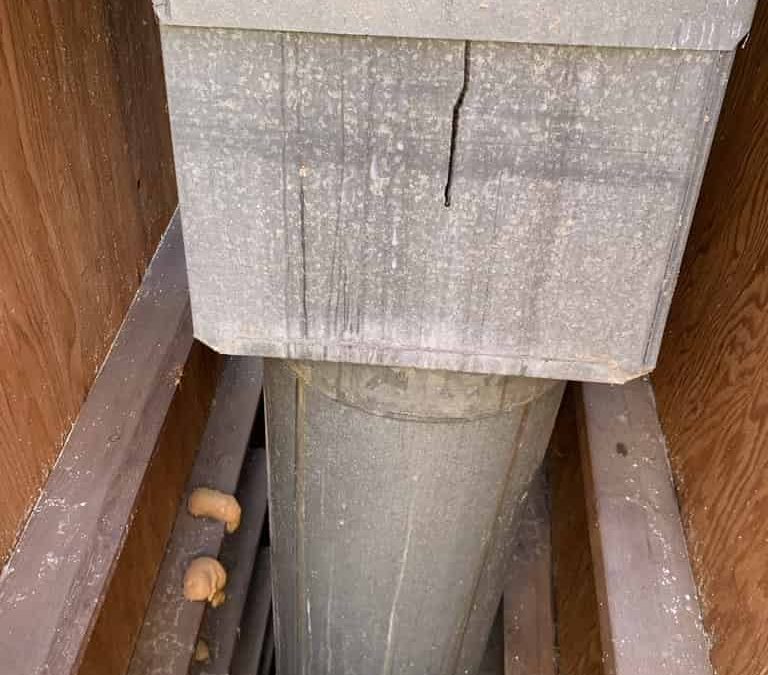A chimney with a flue is a significant advantage for any home. It takes into consideration the comfortable solace of a warm hearth and fire for most homes. If you are a homeowner with a flue, count yourself lucky for good reasons. The delight of a working chimney with loved ones is best in class.
WHAT’S A CHIMNEY FLUE?
Think about a chimney flue as an exhaust pipe that transports smoke and ignition items securely outside. Fumes drafts up your smokestack since it is warm and light, completing it up and off your fireplace utilizing the head of the stack impact.
DRAFTING
Although many people do not understand it, the air climbing your smokestack works under a similar arrangement of physical standards as water streaming in a hose or line. At the point when a chimney smokestack is full of hot air, it gets air through the firebox. This pulling impact is called draft and it compares to the measure of weight in a water hose – the main contrast is that the pneumatic force is negative and the water pressure is positive (consider utilizing a straw to drink with rather than to blow bubbles). Hence, stacks are negative weight frameworks.
Expanding the draft in your chimney resembles opening the fixture more extensive on the hose. The easiest method to expand the draft in your smokestack is to burn the fire hotter – more hot air is lighter, so it has more force. Another approach to get more draft is to expand the stature of your fireplace – aside from when the smokestack is tall to the point that frictional powers nullify the impact of the additional tallness. Given a similar measure of weight, a bigger line can convey a more prominent volume of water than a little one. The equivalent is valid for stacks – with a similar measure of the draft (pressure) a bigger vent will deplete more smoke from your chimney than a little one. Like how a water hose can be wrinkled or stopped, the wind stream in your fireplace can have a limitation that hinders the smoke streaming up the stack.
Poor flow in a chimney can result from: exorbitant creosote stores, shut or stopped dampers, improper construction, basic harm, or even a grimy smokestack top. Indeed, having a stopped-up stack top toward the finish of your fireplace resembles having a shut spout toward the finish of a hose – forestalling wind current through the smokestack.
FLUE LINERS
Your flue liner (situated inside your smokestack) is the vertical passageway that moves the waste gas to the outside. Vent liners additionally increment a smokestack’s productivity and execution. A suitably measured vent ought to be one inch wide for every 10 square crawls of the chimney opening. This 10:1 proportion empowers air to go at the ideal speed through the pipe.
In the event that the flue is too large for the chimney, an excess of air will leave the smokestack and you will lose heat. If the vent is excessively little, at that point air cannot leave the smokestack. Without the drawing of ignition air into the firebox, lighting a fire in ovens or chimneys would be unimaginable. Your home, stack, and chimney smokestack liner cooperate to give important ignition air to your chimney while venting the side-effect exhaust out of mischief’s way.
Our committed group is here to assist you with your chimney and flue. To guarantee your stack vent works appropriately, you need your yearly chimney sweep and inspection, and a quality pipe liner.

